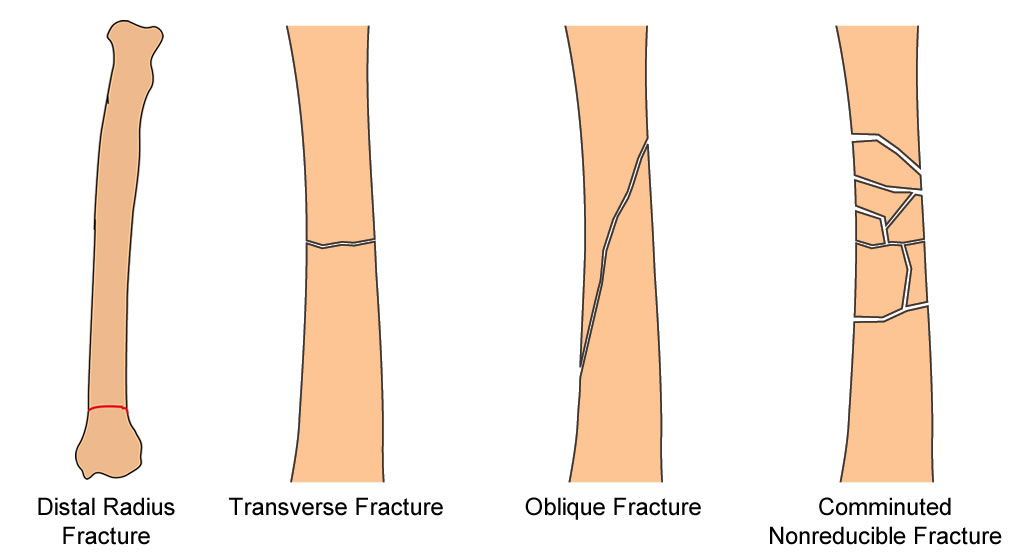Introduction
In the realm of modern dentistry, dental implants have revolutionized the way we address tooth loss. Dental implants offer a durable and aesthetically pleasing solution for individuals seeking to restore their smiles and regain full dental functionality. However, the success of dental implant surgery is often contingent upon a crucial procedure known as bone grafting. This article explores the significance of bone grafting in ensuring the success of dental implant surgery, highlighting the crucial role it plays in the process. We’ll also discuss how dental clinics are integral in providing comprehensive dental implant services.
The Importance of Dental Implants
Before diving into the specifics of bone grafting, let’s first understand why dental implants have become such a pivotal solution in modern dentistry. Unlike traditional options such as dentures or bridges, dental implants offer several distinct advantages:
Natural Appearance: Dental implants closely resemble natural teeth in terms of appearance, making them virtually indistinguishable from the surrounding teeth.
Durability: With proper care, dental implants can last a lifetime, providing a long-term solution for tooth loss.
Functionality: Dental implants restore full dental functionality, allowing individuals to eat, speak, and smile with confidence.
Oral Health Preservation: Unlike bridges, dental implants do not require the alteration of adjacent teeth, preserving the integrity of your natural dentition.
Jawbone Health: Dental implants stimulate the jawbone, preventing the bone loss that typically occurs when a tooth is lost.
However, to fully realize these benefits, it is essential to have an adequate amount of healthy bone in the jaw, which brings us to the role of bone grafting.
The Significance of Bone Grafting
Bone grafting is a surgical procedure that involves the transplantation of bone material to augment or regenerate the jawbone. In the context of dental implant surgery, bone grafting becomes essential when a patient lacks sufficient bone density or volume in the jaw to support the implant. There are several reasons why a patient may require bone grafting before getting dental implants:
Tooth Loss: When a tooth is lost, the underlying bone begins to resorb or shrink over time due to lack of stimulation. This can result in inadequate bone density for implant placement.
Periodontal Disease: Severe gum disease can damage the bone supporting the teeth, necessitating bone grafting to restore bone health before implants can be considered.
Trauma: Facial trauma or injury can lead to bone loss in the jaw, which may need to be addressed through grafting before implant surgery.
Sinus Cavities: In the upper jaw, the proximity of the sinus cavities can limit the amount of available bone. A sinus lift procedure, which involves lifting the sinus membrane and adding bone graft material, is often performed to create sufficient space for implants.
Long-Term Tooth Loss: Prolonged tooth loss can result in significant bone atrophy, making bone grafting a necessary step to rebuild the jawbone structure.
Dental Clinics and Comprehensive Implant Services
Dental clinics play a pivotal role in the entire dental implant process, including bone grafting. They offer a comprehensive range of services that begin with a thorough evaluation of the patient’s oral health and suitability for dental implants. This evaluation includes assessing the condition of the existing bone structure through advanced imaging techniques like cone-beam computed tomography (CBCT).
Here’s how dental clinics contribute to the success of dental implant surgery:
Diagnostic Assessment: Experienced clinicians at dental clinics assess the patient’s oral health, taking into account their medical history and specific needs. This evaluation determines whether bone grafting is required and which type of grafting procedure is most suitable.
Expert Surgical Procedures: Dental clinics have the necessary equipment and expertise to perform bone grafting procedures safely and effectively. These procedures may involve taking bone from the patient’s own body (autograft), using bone from a tissue bank (allograft), or utilizing synthetic materials (alloplastic grafts).
Custom Treatment Plans: Dental clinics create individualized treatment plans tailored to each patient’s unique circumstances, ensuring the best possible outcome for their implant surgery.
Post-Operative Care: Following bone grafting, dental clinics provide comprehensive post-operative care to monitor healing, manage any discomfort, and ensure the graft integrates successfully with the existing bone.
Implant Placement: Once the graft has healed and the jawbone has adequate density, the dental clinic proceeds with implant placement, utilizing advanced techniques and materials to ensure a stable and long-lasting result.
Conclusion
Dental implants have transformed the field of dentistry, offering patients a superior solution for tooth loss. However, the success of dental implant surgery heavily relies on the availability and quality of jawbone. Bone grafting emerges as a crucial procedure to address bone deficiencies and create a solid foundation for dental implants.
Dental clinics play an integral role in this process by providing comprehensive implant services, including diagnostics, surgical procedures, custom treatment plans, and post-operative care. Their expertise and commitment to patient care are pivotal in ensuring the success of dental implant surgeries, helping individuals regain their smiles and oral functionality with confidence. For anyone considering dental implants, consulting with a reputable dental clinic is the first step toward a healthier, happier smile.




